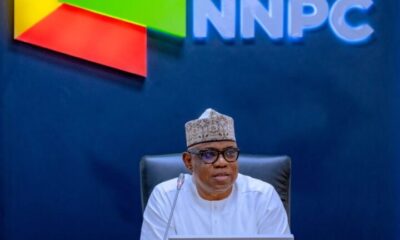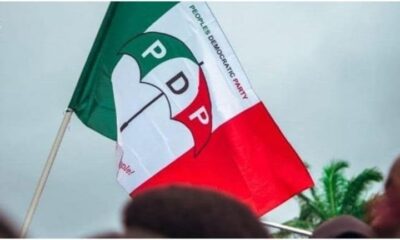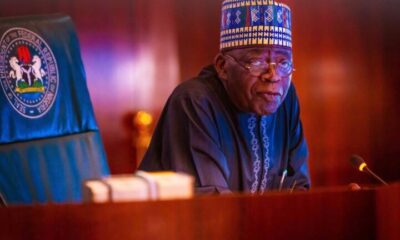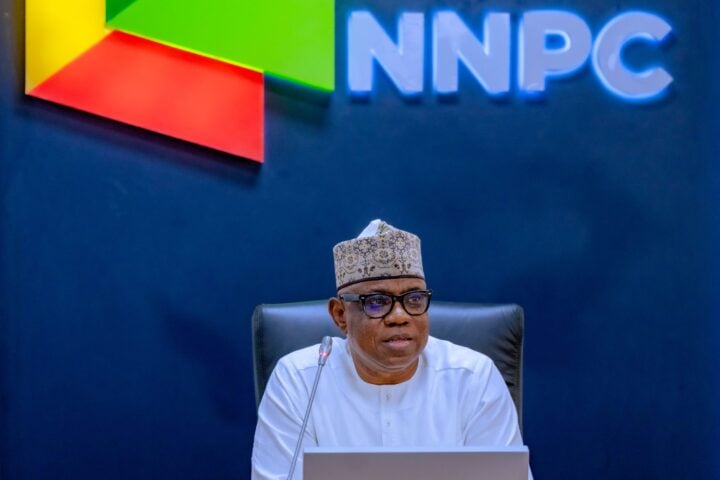The Senate Committee on Public Accounts has dismissed the written explanations submitted by the management of the Nigerian National Petroleum Company Limited (NNPCL) regarding the “unaccounted” N210 trillion uncovered in its audited financial statements between 2017 and 2023.
On October 7, the committee chairman, Senator Aliyu Wadada, confirmed that the NNPCL had responded to all 19 audit queries raised about its finances. The review followed findings from the Office of the Auditor-General of the Federation, which highlighted significant discrepancies in the company’s books.
According to the audit report, N210 trillion could not be properly accounted for — comprising N103 trillion listed as liabilities and N107 trillion as assets.
Despite being scheduled to appear before the committee on Tuesday, the NNPCL management failed to show up, opting instead to send a written response. The decision drew sharp criticism from lawmakers, who accused the company of avoiding accountability.
Describing the company’s action as “offensive evasiveness,” Senator Wadada said the committee would no longer accept written submissions or representatives appearing on behalf of Bayo Ojulari, the Group Chief Executive Officer (GCEO) of NNPCL.
“Today, November 11, 2025, was a date chosen by NNPC,” Wadada said. “It is rather unfortunate that none of the officials of NNPC is here on a date they themselves chose. The public has been waiting for this. It is important that we keep Nigerians informed.”
He said the committee would proceed with its findings based on the documents already submitted, noting that the company’s explanations raised major red flags over claims of N103 trillion in accrued expenses and N107 trillion in receivables, totalling N210 trillion.
Wadada further stated that the submissions made by NNPCL contradicted evidence already in possession of the committee. “NNPC claimed N103 trillion as accrued expenses and N107 trillion as receivables—amounting to N210 trillion,” he said. “On question eight, NNPC’s explanation on the N107 trillion receivables — equivalent to about $117 billion — contradicts available facts and evidence provided by NNPC itself. The committee is duty-bound to reject this.”
He also questioned the credibility of the company’s claim that it paid N103 trillion in cash calls in 2023 alone, pointing out that its total crude oil revenue between 2017 and 2022 was only N24 trillion. “Cash call arrangements were abolished in 2016 under the Buhari administration,” he said. “How can NNPC claim to have paid N103 trillion in one year when it only generated N24 trillion in revenue over five years? Where did NNPC get that money?”
The senator added that the alleged N103 trillion must be remitted to the federal treasury pending proper clarification from the company.
Wadada also dismissed NNPCL’s justification for the N107 trillion in receivables, which it partly attributed to funds supposedly held in defunct banks. “No bank or amount was named. This lack of transparency is unacceptable,” he said.
He disclosed that the committee might summon former officials of both NNPCL and the National Petroleum Investment Management Services (NAPIMS) to provide further clarification, stressing that NAPIMS, by law, is not permitted to operate an independent account.
Wadada warned that future committee invitations must be honoured in person by the NNPCL chief executive, stating, “At any point this committee invites NNPC; the chief executive must appear in person. Being out of the country will no longer be accepted as an excuse.”

 BIG STORY3 days ago
BIG STORY3 days ago
 BIG STORY3 days ago
BIG STORY3 days ago
 BIG STORY2 days ago
BIG STORY2 days ago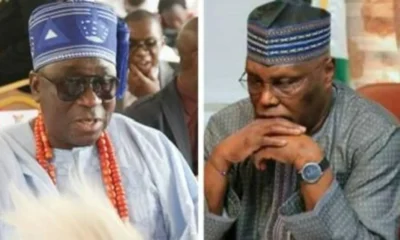
 BIG STORY3 days ago
BIG STORY3 days ago
 BIG STORY3 days ago
BIG STORY3 days ago
 BIG STORY3 days ago
BIG STORY3 days ago
 BIG STORY3 days ago
BIG STORY3 days ago
 BIG STORY4 days ago
BIG STORY4 days ago










